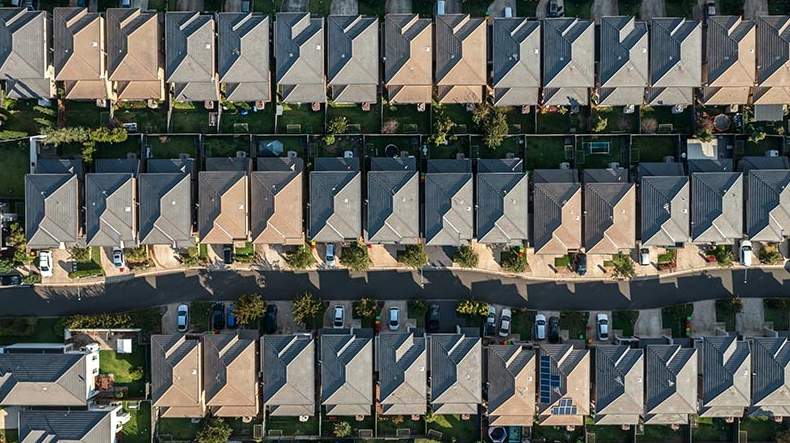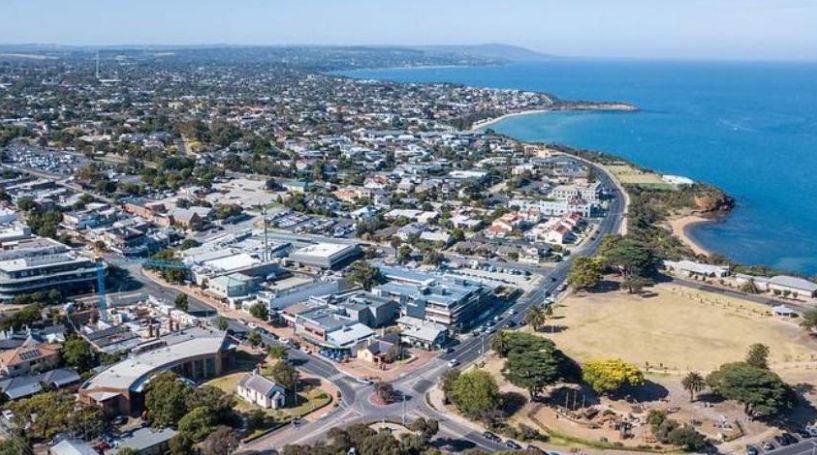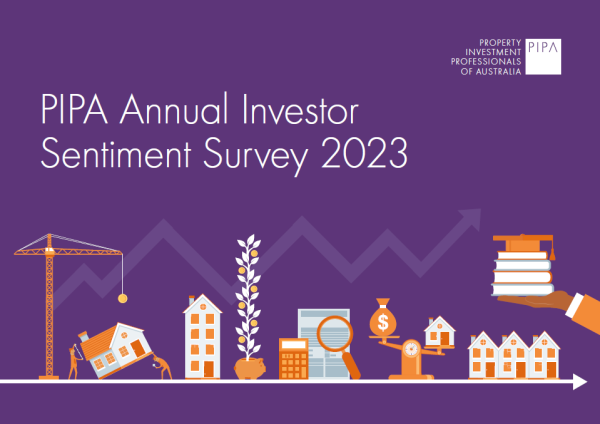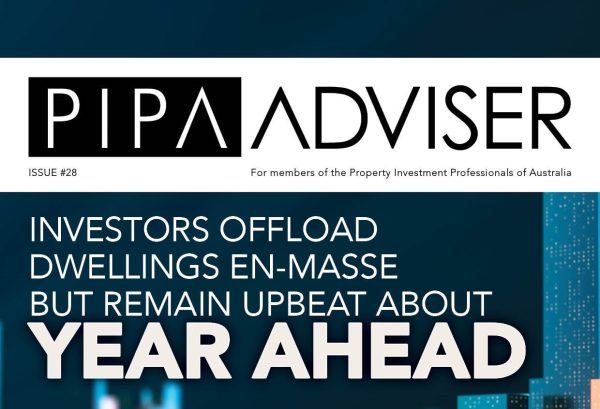Tax rise ‘last nail in the coffin’: agent
Mar 2024Karen Millers
Categories
Location ReportsMedia releasesNational market updatesPersonal advisersPIPA AdviserPIPA Annual Investor Sentiment SurveysPIPA Member ProfilesPIPA video updatesPIPA webinarsPodcastsProperty advisersProperty newsLatest Articles
Rent rises ease but crisis’ link to population density found to be tenuous
Jordan van den Berg: The ‘Robin Hood’ TikToker taking on Australian landlords
Victorian property investors face yet another new property tax as council tests levy
Rentvesting in Australia: A deep dive
‘More chance of winning lotto’ than housing targets being met
Property manager Carmen Littley says she has lost 52 investor clients since the Victorian government targeted landowners with extra levies in its budget last year, which she describes as the “final nail in the coffin” for many owners.
She warned that property investors leaving the market would further hit rental stock because owner-occupiers tend to have fewer people in a house than renters, which could potentially further increase asking rents.
Land tax increases piled up alongside the fastest interest rate rising cycle in a generation and local government rate rises, said the agent, who is based in the western suburb of Werribee.
“There’s no incentive to invest in property in Victoria,” Ms Littley said. “Landlords have been targeted to pay off the state’s debt, so it’s a no-brainer. The land tax increases were the final nail in the coffin.”
Victorian Treasurer Tim Pallas last year said the COVID-19 debt levy would hit “those most able to pay”, extracting 4.7 billion from property investors over the next four years, along with $3.9 billion from businesses with payrolls above $10 million.
Landowners would pay an average of $1300 in extra land tax, although tax experts said the change equated to a $1675 increase on land worth $1 million. Family homes are exempt. Economic research organisation e61 released a report this year showing Melburnians face the highest stamp duty in Australia.
The tax slug, which hit 380,000 additional landowners, will raise $4.74 billion over the forward estimates by cutting the tax-free threshold for land tax from $300,000 to $50,000, imposing new yearly flat fees and increasing the rate of tax payable on properties over $300,000 by 0.1 percentage point.
One of Ms Littley’s clients, Marcelline Parker, moved to sell her two-bedroom investment unit in Werribee this week after receiving a land tax bill for $975 on her property which had a total taxable value of land of $112,000.
“The land tax was the final blow. Just because you have an investment property, it doesn’t mean you’re loaded.” the office administration worker said.
“The state government has us by the you-know-what. It’s not worth it.”
Geoff White, a real estate agent for Barry Plant with a focus on apartments at Melbourne’s Docklands, estimated half of investors selling out were doing so because of “unsustainable” costs including land taxes and owners’ corporation fees.
CoreLogic research director Tim Lawless said 31.7 per cent of new mortgages written in December in Victoria were for investors, which was below NSW at 40.7 per cent, and the national average of 36.2 per cent.
In addition to higher land taxes in Victoria, other cities such as Perth and Brisbane offered higher yield, better growth, and lower buy-in prices for investors than Melbourne, he said.
“There is absolutely a risk of flight from Victoria,” he said.
Property Investment Professionals of Australia director Richard Crabb said the industry body’s annual investor sentiment survey released in September showed Victoria was the least attractive state for investors in the nation. It also found that 25 per cent of respondents sold at least one investment property in Melbourne in the 12 months to August last year – the worst of any capital city.
Originally Published: Gus McGubbing | Australian Financial Review | 4 March 2024
“Licensed by Copyright Agency. You must not copy this work without permission.”




